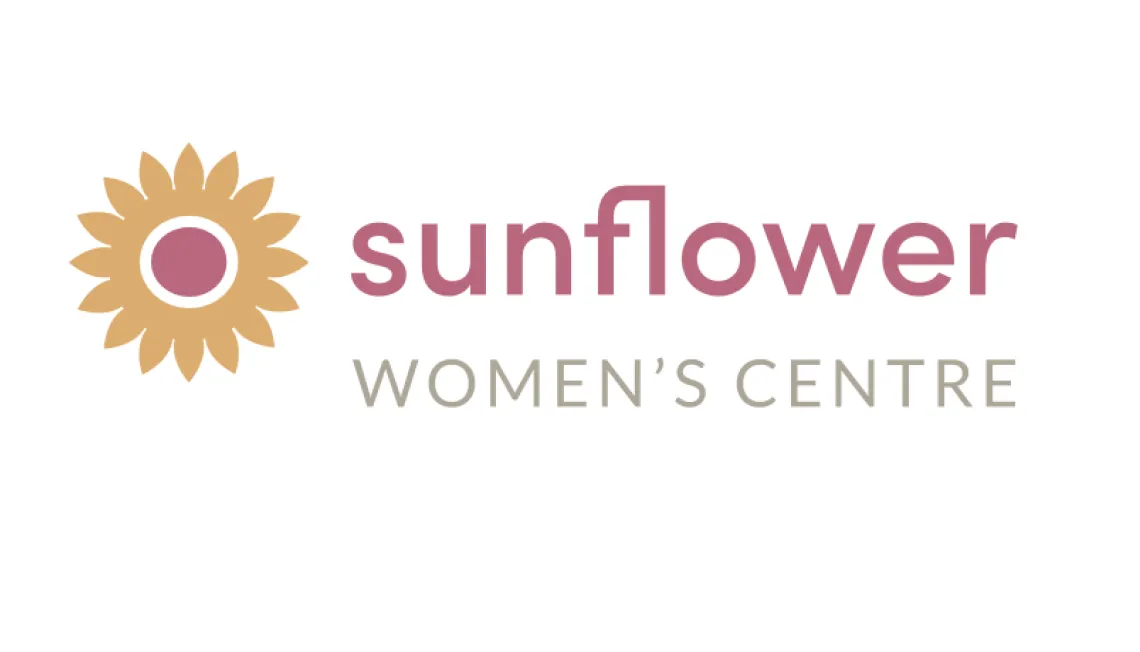We spoke to Paula Carnell, Sunflower Women’s Centre Manager in Plymouth, Devon.
History
The Sunflower Women’s Centre is delivered by the charitable organisation Trevi. Trevi was founded in 1993 by Roma French to create an environment for women experiencing issues with substances and their children. The centre was initially a collaboration between two residential homes for women, the first was a centre for women recovering from substance abuse and the second was a mother and baby unit. A number of women were relocating to Plymouth after having stayed in the residentials as it was somewhere they felt safe. A community of women built naturally and thought turned to what support awaited women once they had left the residential centre. The Sunflower Project was the solution, opening in 2017. In its first year there were 32 women accessing the centre with 5 staff members.
In 2018 the Sunflower Project received a grant from the Ministry of Justice to move into a larger centre and became the Sunflower Women’s Centre. The centre grew organically and adapted based on the needs of the women they supported. Along with the Sunflower Centre Trevi delivers the Daffodil Family Assessment Centre and the Jasmine Mothers Recovery Centre. The first is run through social services as a residential centre and involves family assessments to establish whether it is safe for mothers and babies to continue living together. Jasmine is also a residential service where women can address their substance abuse issues and successfully detox while their children live alongside them.
How Sunflower Helps
The centre primarily helps women to continue their recovery from substance use issues, domestic abuse and trauma. The centre offers an extensive timetable with a range of courses and support available, including Survive, Warrior Women, and Thrive, which are all 6-week courses. Survive explores boundaries, self-esteem, co-dependency’s and building a healthier relationship with themselves, Warrior Women supports women in developing better coping mechanisms and managing difficult circumstances and Thrive provides information and advice on healthy living, eating and self-efficacy. Another programme, Power Parenting, supports women to build a healthy relationship with their children.
Women are also supported with practical needs. Maths and English courses are offered as well as assistance with finances and debt. The Department for Work and Pensions (DWP) are co-located once a week to explore employment options and assist women with their CVs. There are craft-based creative courses for those who are not quite ready for in-depth support but want somewhere safe and supportive to go.
Probation services are co-located so women can see their probation officers in an environment where they are more likely to feel safe. The centre also has an on-site, trauma-informed creche known as Sunflower Seeds, which was set up after it was recognised that women often needed to bring their children with them and a space was needed for this. There is a lounge area in the reception with coffee and tea, all of which is an effort to help women to get out of their homes and build a community with other women experiencing similar challenges.
The Sunflower Women’s Centre offers a mild to moderate mental health service with staff qualified to assist women with anxiety and depression.
Other agencies working with the women include:
- NHS sexual health services
- Pause Plymouth – a charity working with women who have had or are at risk of having a child removed from their care
- PDAS – Plymouth Domestic Abuse Services
- Shelter – Homelessness charity
- Advice Plymouth
- PATH – Plymouth Access to Housing
Referrals
The eligibility criteria to access the women’s centre is any woman over the age of 18 living in Plymouth. The different services offered have varying criteria and eligibility is assessed with a referral form that the women complete. Respect is a big aspect of the women’s centre as is a will to change. Sunflower asks for women to respect the ban on substances as well as respecting others who are trying to make changes. Referrals come from the Probation Service, police, GPs, schools, other support organisations as well as from A&E.
Evidence and Future
In terms of the future, the centre is hoping to bring in volunteers on weekends to keep the centre open and be able to offer support to women seven days a week. Paula explains that the gap from Friday evening to Monday morning can be a struggle for women as there is currently no support available at that time.
Through their work, key workers from the Trevi noted that a lot of women were street homeless after leaving prison. These women were provided support through Trevi’s SPARK team, an outreach service that works with women on the streets. The SPARK team evolved into Blossom, a service that aims to give women who have come out of prison and are homeless access to temporary accommodation and a resettlement worker. This service is still in its early stages and will be officially launched in 2024
Trevi has partnered with the Nelson Trust to deliver a pilot women’s centre within HMP Eastwood Park. The project will use the expertise and an innovative approach honed by delivering the Sunflower women’s centres to improve the outcome for women leaving the prison.
For more information about the Sunflower Women’s Centre, please contact office@trevi.org.uk
Case study by Leontine Gnaly, 2023
